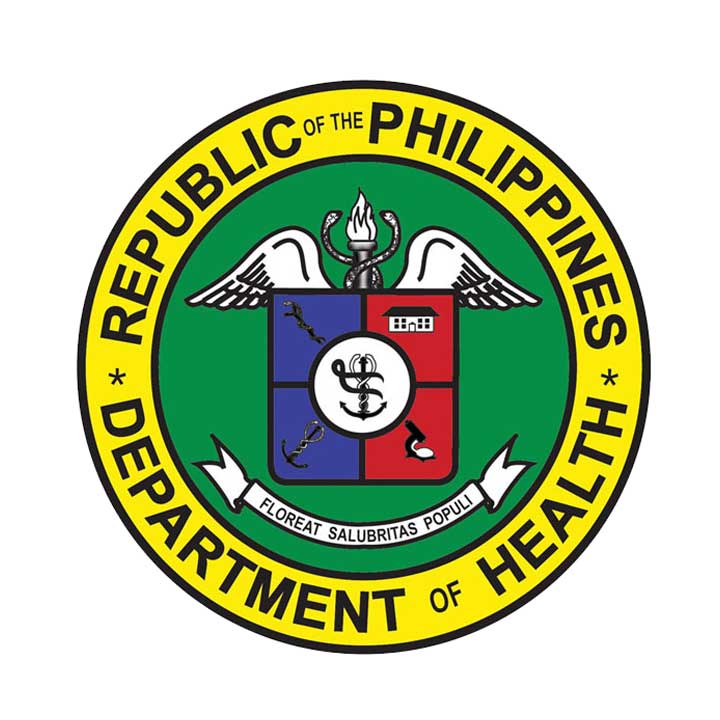
The Department of Health (DoH) issued a July 24 advisory on leptospirosis, a disease caused by the Leptospira bacterium. It is transmitted through soil or water contaminated with the urine of infected animals, which can then enter the body through breaks in the skin, or through the eyes, nose, and mouth.
Leptospirosis is more common during the rainy season because the bacteria that causes it can thrive in wet environments.
The health department also shared the National Patient Navigation and Referral Center’s free hotline number 1552 (press 2) for those who:
- waded through possibly contaminated water, mud, or soil;
- ate or drank possibly contaminated food or water; and/or
- experience symptoms – such as fever, diarrhea, and chills – after being exposed to floods or contaminated water.
The teleconsultation hotline is open daily from 8 a.m. to 5 p.m.
“Consult your nearest doctor or health center within 24 hours after wading through floodwaters or touching soil, mud, or dirt after a flood,” said Dr. Albert E. Domingo, the DoH’s officer-in-charge assistant secretary and spokesperson. “Please, please consult for Leptospirosis prophylaxis pagnabaha (if you do end up wading in floodwaters).”
The number of reported cases of Leptospirosis as of July 13 is 1,258. It is 41% lower compared to the same period in 2023, when there were 2,150 cases reported.
“The DoH released and propositioned medicines and WASH (water, sanitation, and hygiene) logistics for those affected by floods,” said health secretary Dr. Teodoro J. Herbosa in his July 24 report to President Ferdinand R. Marcos, Jr.
All DoH hospitals are functioning, according to Dr. Herbosa.
“We have also deployed Health Emergency Response Teams to evaluate the health needs of people in evacuation centers,” he said.
The Metro Manila Council placed the National Capital Region under a state of calamity due to flooding caused by the monsoon and typhoon Carina. – Patricia B. Mirasol



